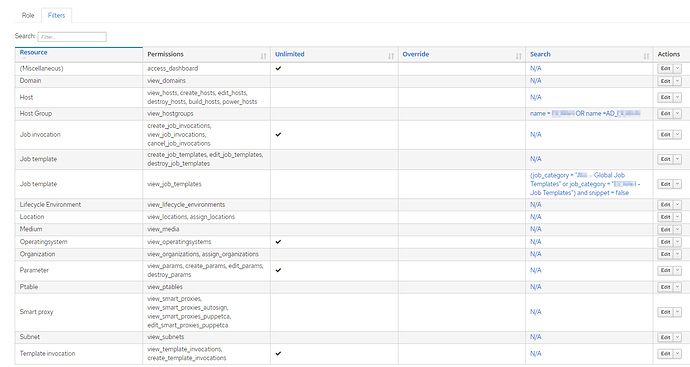SELECT "templates"."id" AS t0_r0, "templates"."name" AS t0_r1, "templates"."template" AS t0_r2, "templates"."snippet" AS t0_r3, "templates"."template_kind_id" AS t0_r4, "templates"."created_at" AS t0_r5, "templates"."updated_at" AS t0_r6, "templates"."locked" AS t0_r7, "templates"."default" AS t0_r8, "templates"."vendor" AS t0_r9, "templates"."type" AS t0_r10, "templates"."os_family" AS t0_r11, "templates"."description" AS t0_r12, "templates"."job_category" AS t0_r13, "templates"."provider_type" AS t0_r14, "templates"."description_format" AS t0_r15, "templates"."execution_timeout_interval" AS t0_r16, "taxonomies"."id" AS t1_r0, "taxonomies"."name" AS t1_r1, "taxonomies"."type" AS t1_r2, "taxonomies"."created_at" AS t1_r3, "taxonomies"."updated_at" AS t1_r4, "taxonomies"."ignore_types" AS t1_r5, "taxonomies"."description" AS t1_r6, "taxonomies"."label" AS t1_r7, "taxonomies"."ancestry" AS t1_r8, "taxonomies"."title" AS t1_r9, "taxonomies"."manifest_refreshed_at" AS t1_r10, "taxonomies"."created_in_katello" AS t1_r11, "locations_templates"."id" AS t2_r0, "locations_templates"."name" AS t2_r1, "locations_templates"."type" AS t2_r2, "locations_templates"."created_at" AS t2_r3, "locations_templates"."updated_at" AS t2_r4, "locations_templates"."ignore_types" AS t2_r5, "locations_templates"."description" AS t2_r6, "locations_templates"."label" AS t2_r7, "locations_templates"."ancestry" AS t2_r8, "locations_templates"."title" AS t2_r9, "locations_templates"."manifest_refreshed_at" AS t2_r10, "locations_templates"."created_in_katello" AS t2_r11 FROM "templates" LEFT OUTER JOIN "taxable_taxonomies" ON "taxable_taxonomies"."taxable_type" = $1 AND "taxable_taxonomies"."taxable_id" = "templates"."id" LEFT OUTER JOIN "taxonomies" ON "taxonomies"."type" = $2 AND "taxonomies"."id" = "taxable_taxonomies"."taxonomy_id" LEFT OUTER JOIN "taxable_taxonomies" "taxable_taxonomies_templates_join" ON "taxable_taxonomies_templates_join"."taxable_type" = $3 AND "taxable_taxonomies_templates_join"."taxable_id" = "templates"."id" LEFT OUTER JOIN "taxonomies" "locations_templates" ON "locations_templates"."type" = $4 AND "locations_templates"."id" = "taxable_taxonomies_templates_join"."taxonomy_id" WHERE "templates"."type" = $5 AND (templates.id IN (127,128,129,130,131,132,133,134,135,136,137,138,139,140,141,142,143,144,145,147,148,149,150,151,152,153,154,155,156,157,158,159,160,161,162,163,164,165,166,176,177,178,181,190,191,221,225,226,227,228,229,231,234,235,242,243,245,247,251,254,264,277,278,280,286,313,316,317,318,320,322,323,326,333,335,336,337,344,345,346,351,357,358,359,361,368,369,372,375,376,377,378)) AND ((("templates"."id" IN (SELECT "templates"."id" FROM "templates" INNER JOIN "taxable_taxonomies"
ON "templates"."id" = "taxable_taxonomies"."taxable_id"
INNER JOIN "taxonomies"
ON "taxable_taxonomies"."taxonomy_id" = "taxonomies"."id"
WHERE "taxonomies"."id" IN ('5') )) AND ("templates"."id" IN (SELECT "templates"."id" FROM "templates" INNER JOIN "taxable_taxonomies"
ON "templates"."id" = "taxable_taxonomies"."taxable_id"
INNER JOIN "taxonomies"
ON "taxable_taxonomies"."taxonomy_id" = "taxonomies"."id"
WHERE "taxonomies"."id" IN ('13') )))) ORDER BY templates.name
This is the query for the “Job Templates”. Unfortunately, I’m not able to add those for “Partition Tables” because it just doesn’t finish.


